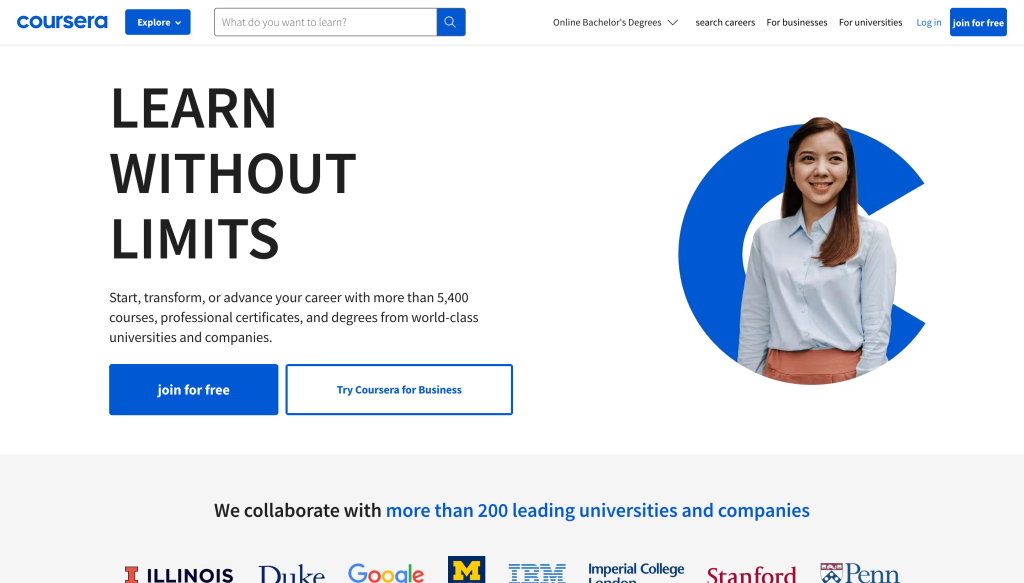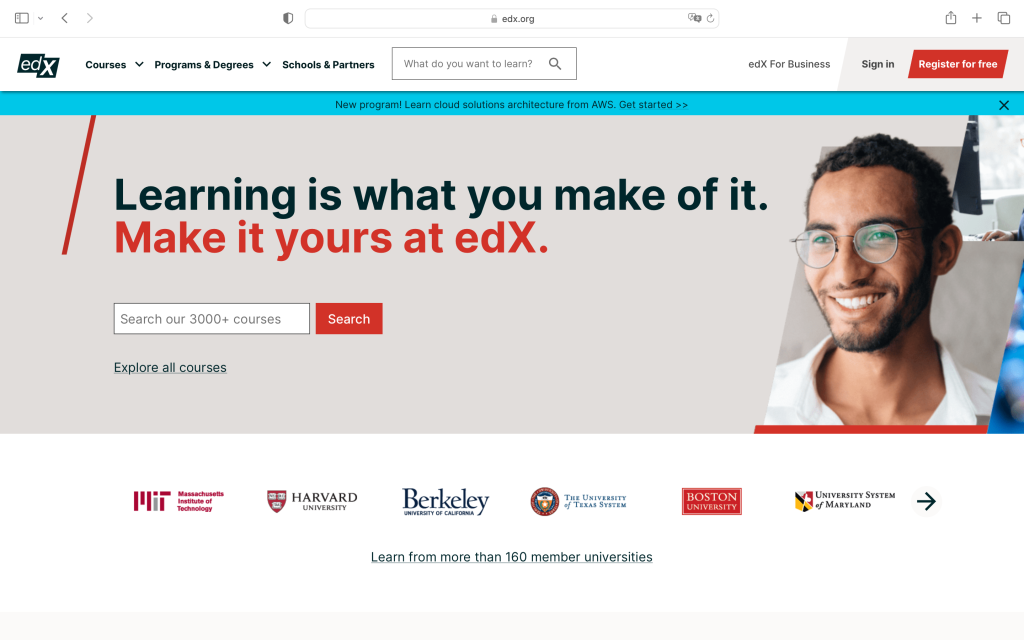College Degrees vs. Self-Learning
It used to be that getting a college degree was the only way to be successful in life. However, with the rise of the internet and new technology, self-learning has become increasingly popular as an alternative to traditional education. So which is better? College degrees or self-learning? Let’s take a look at both and see what works best for you.

College Degree
A college degree is still one of the most sought-after credentials in the world today. With a college degree, you are more likely to get hired for job opportunities, as most employers prefer candidates with formal education and training.
Additionally, college degrees can provide access to higher-paying jobs as well as professional networks and resources that will help you climb up the ladder of success.
Furthermore, college degrees come with additional perks like internships and scholarships that can prove invaluable in helping you gain experience and build your future career path.




Self-Learning
On the other hand, self-learning has become increasingly popular in recent years due to its flexibility and affordability. Self-learning allows students to set their own pace of learning while also providing them with access to an array of educational resources such as online courses, webinars, tutorials, etc., which can all be done from home or anywhere else with an internet connection.
This method also allows students to pursue topics they are genuinely interested in rather than just settling for what traditional educational institutions offer.
Moreover, it gives students more control over their studies since they don't have to adhere to any particular schedule or curriculum like in colleges or universities.
Self-learning in 2023
Online tools for self-learning in 2023 have come a long way from their humble beginnings. Self-learning has become increasingly popular among students, professionals, and those looking to gain valuable skills without the time and financial investment of a formal college degree. With the rise of technology and the availability of online resources, it has become easier to access educational material that was once reserved for only those with traditional education.


In 2023, self-learners will have access to an array of online tools tailored specifically to their educational needs. Online courses will be more accessible than ever before, providing learners with specialized knowledge in topics such as coding, business administration, marketing and finance, engineering, data science and analytics, design thinking, mathematics and statistics, biology and biochemistry, physics and chemistry, music theory and composition, history and literature – the list goes on!
The number of options available from reputable providers is staggering, from universities like Harvard to Coursera or LinkedIn Learning. These sites offer high-quality material taught by leading experts in their respective fields and provide learners with interactive features like discussion forums that enable them to connect with one another and ask questions directly from instructors.


Furthermore, learners can use tools that help them stay organized, such as calendar applications or task management software, which keeps track of deadlines for upcoming assignments or projects. They can also utilize learning management systems (LMS), allowing them to easily follow course materials, review grades or feedback on assignments, and collaborate with peers on group projects. All these features are designed to make learning convenient and efficient while fostering collaboration between peers to develop further skills together.


Given the range of online resources available for self-learners in 2023 – from sophisticated LMSs to interactive tutorials – it’s no wonder why this path is becoming increasingly popular. As technology continues to evolve at a rapid pace, it will only continue to open up more significant opportunities for self-learners who want to expand their knowledge base without breaking the bank!

Ultimately, it depends on your goals and preferences as an individual learner. Suppose you’re interested in getting a specific degree that requires a lot of detailed instruction. In that case, it might be best for you to pursue an accredited college program instead of trying to learn everything independently. However, self-learning might be right for you if you prefer the freedom that comes with self-learning or if you need more flexibility due to other commitments like work or family obligations.
Conclusion
When deciding between pursuing a college degree or opting for self-learning, you must consider both options carefully before making your decision. It’s important to weigh the pros and cons of each route and make sure that whatever path you choose aligns with your individual goals and interests as a learner. Whether through college education or independent study, plenty of exciting opportunities are available for those seeking further knowledge!